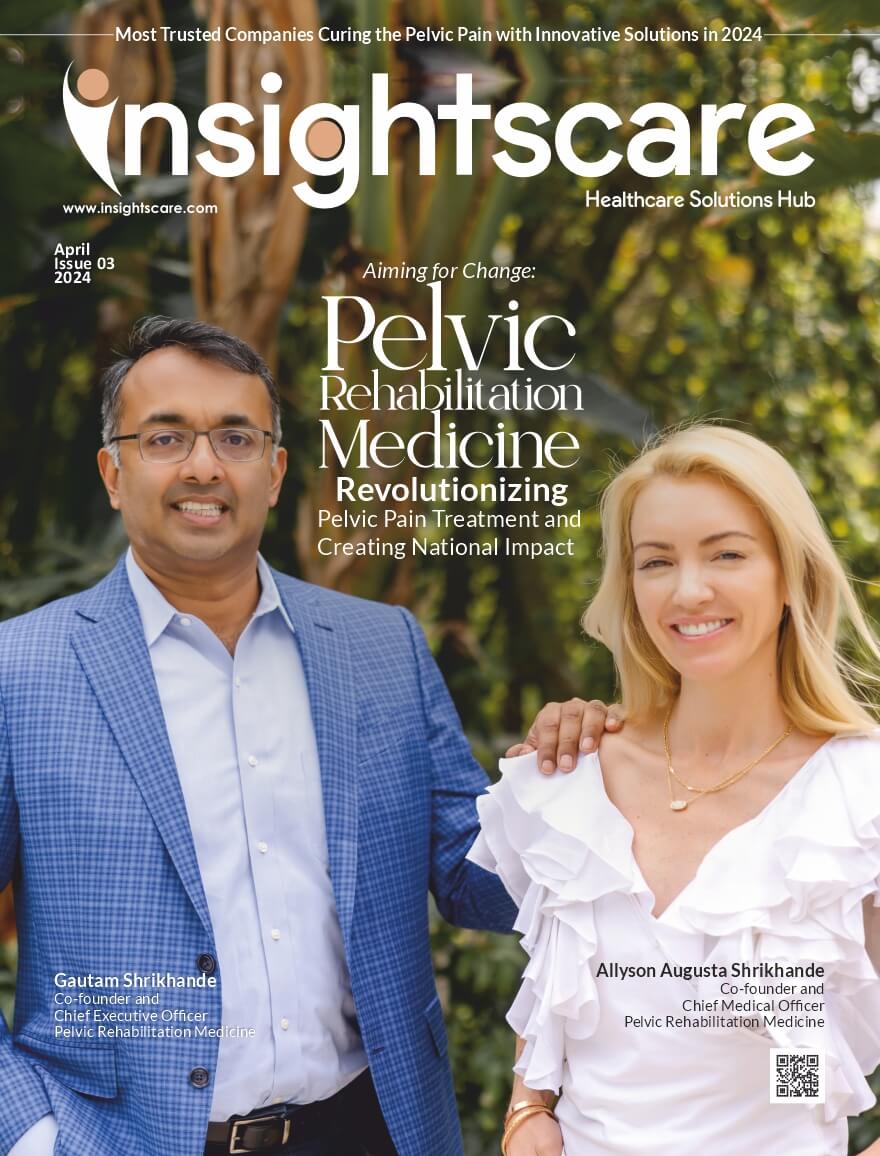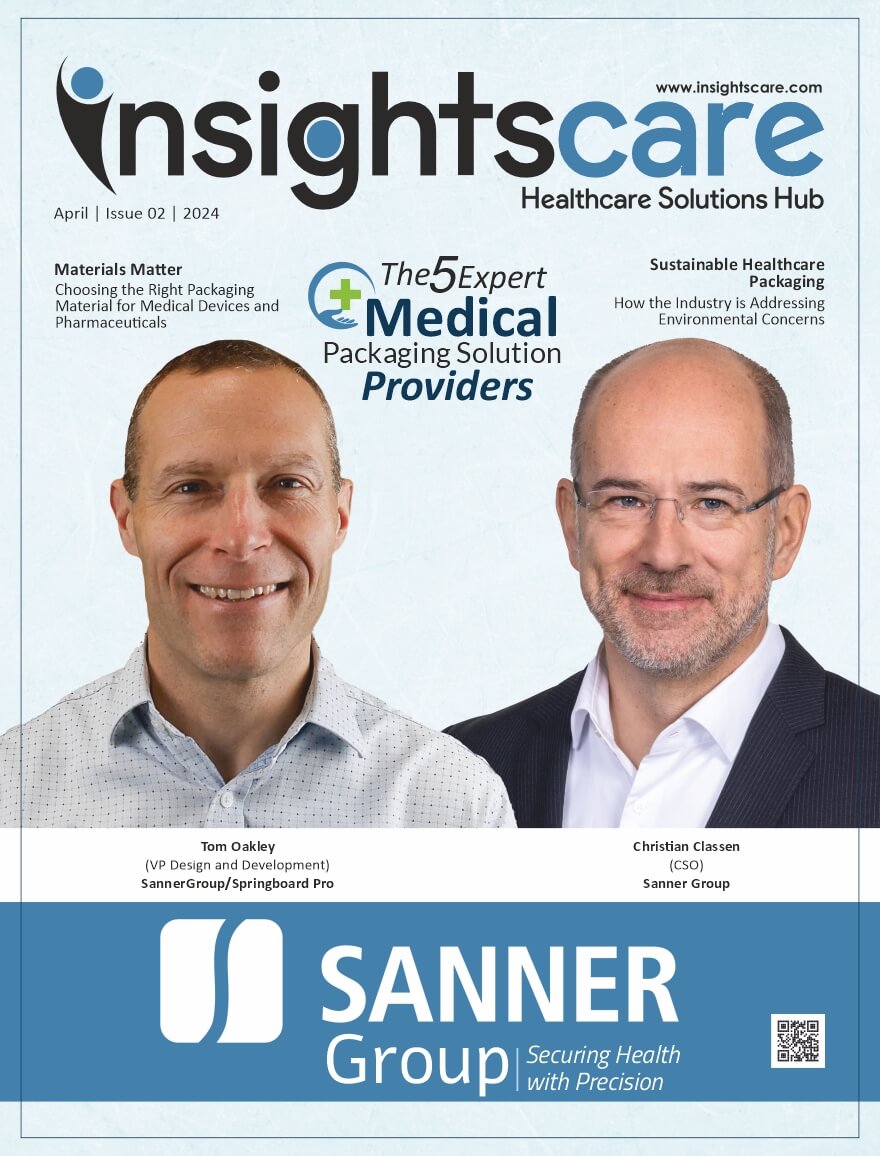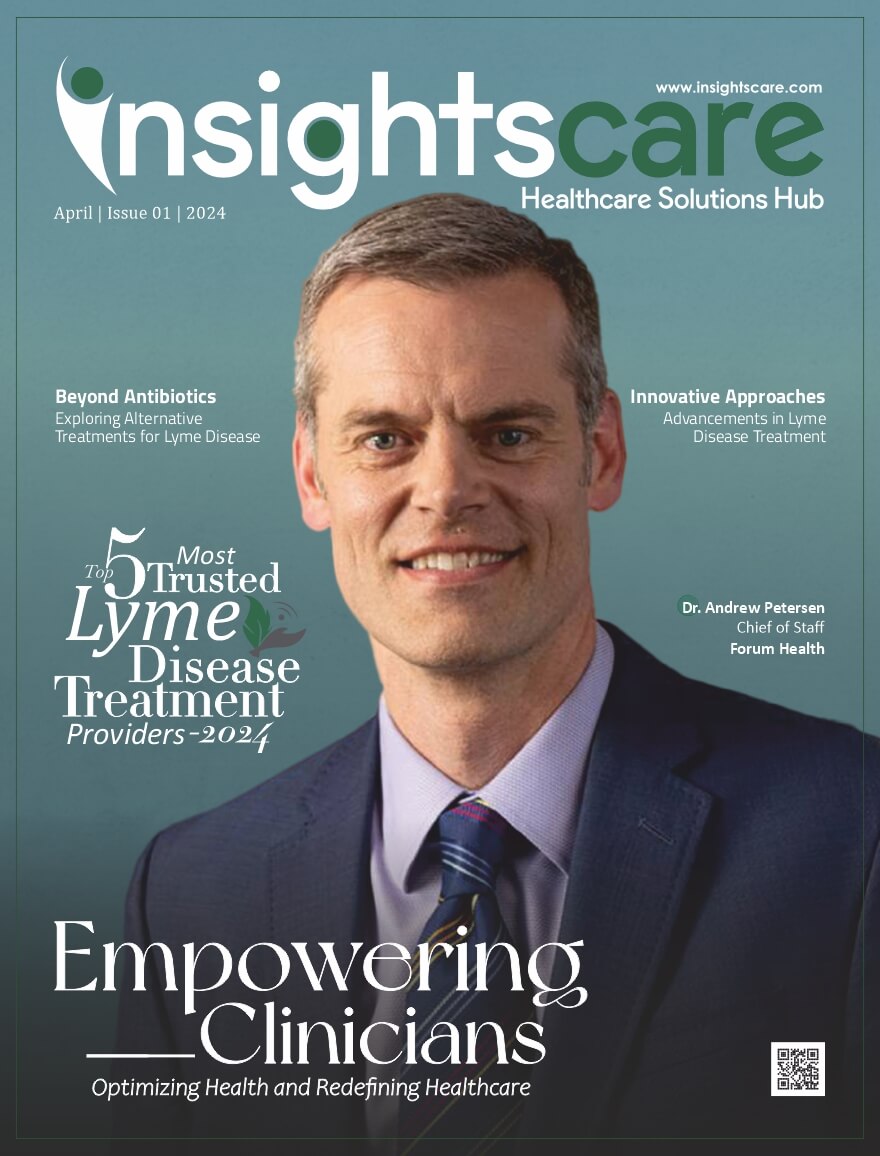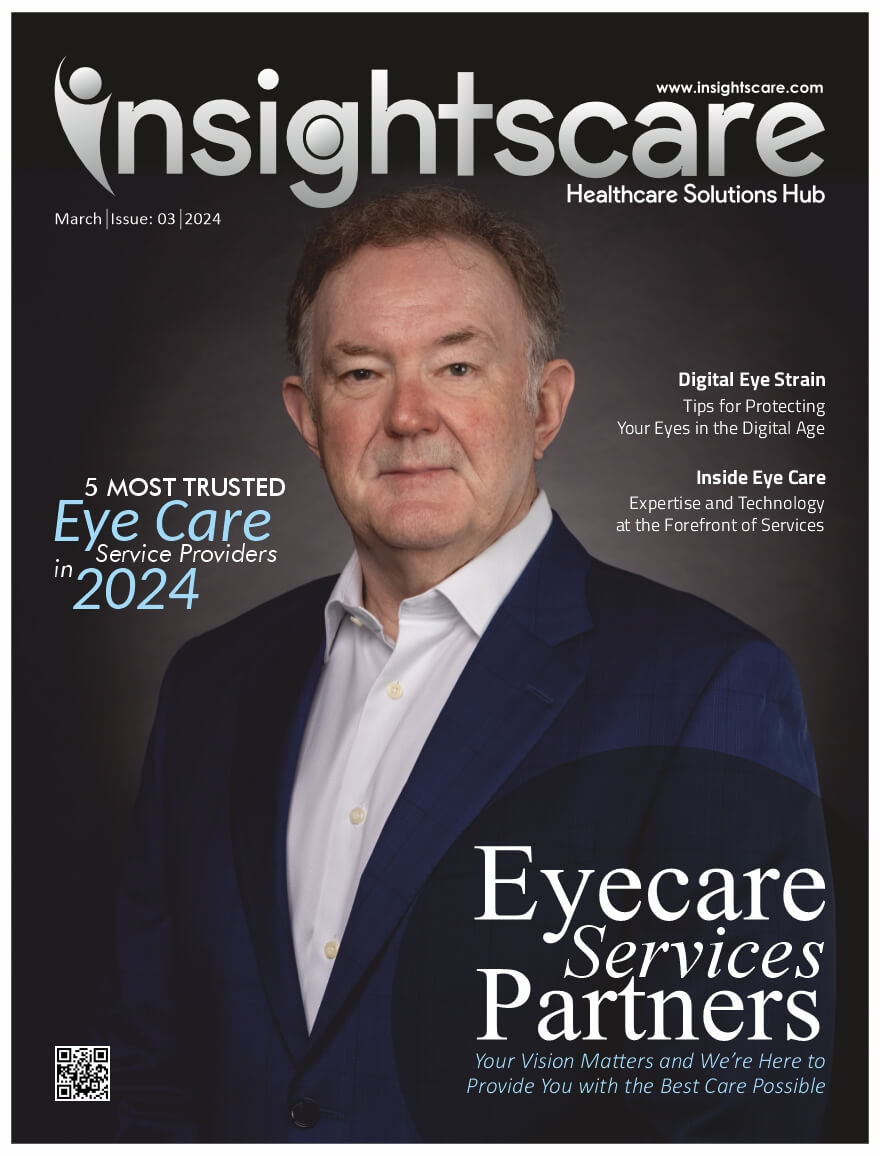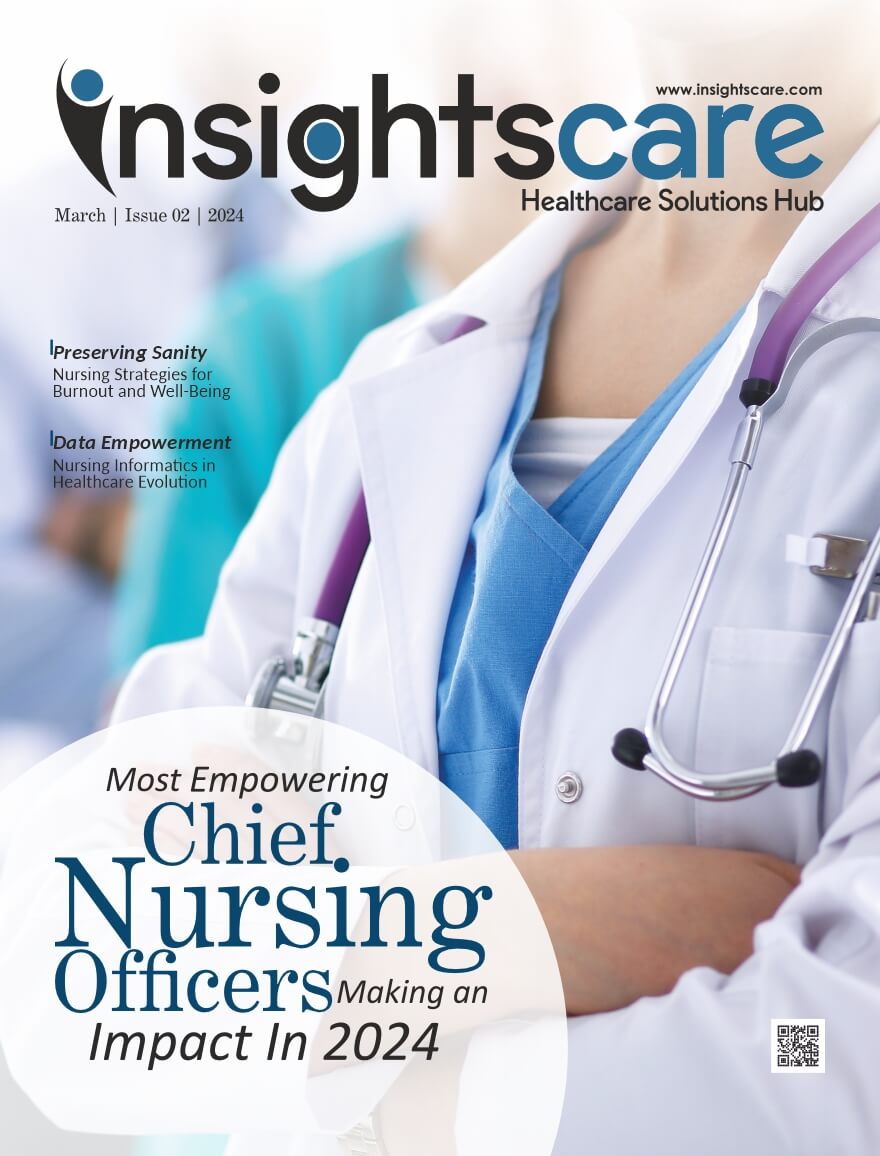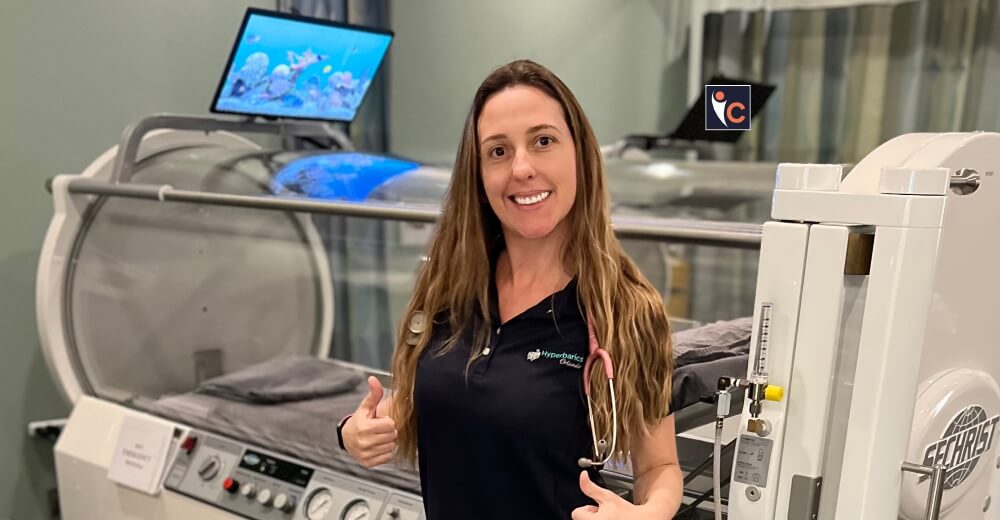- Is AI for real? Is it the disruptive technology which Healthcare is looking for?
- Are jobs going to be lost? Are we heading towards completely changed marketing approach in Healthcare?
- What disruptions should healthcare executives prepare themselves for now?
- How will the healthcare industry operate differently in 5 or 10 years into the future?
We all are seeking the answers to above questions and discovering the answers every day of those. Artificial intelligence (AI) has truly moved from concept to reality in the healthcare and pharmaceutical industry. AI has simplified data processing for many companies, to pour through mountains of scientific data to speed and improve the drug discovery process. AI has made inroads in areas as diverse as regulatory/compliance, clinical trials, manufacturing, and supply chain.
This brings us to the most pertinent aspects of pharma marketing.
- What are the main challenges for pharma companies to bring on and integrate AI talent and tech?
- How can they be better prepared for a data-fueled, machine learning future?
AI can transform Pharma marketing
Artificial intelligence and machine learning based analytics are superior for marketing, and this is due to aggregator impact of knowledge processed by various channels. As the number of information channels increases dramatically due to technology adoption by various stake holders, like patients, physicians, pharmacists, medical representative, publications; the complexity of these channels, the fast pace of change in our market environment itself and the complexity of the decisions, it is not possible without the help of AI to make any sense of these interconnected but complex data.
Therefore, using AI powered analytics can sophisticatedly deliver accurate marketing decisions. Artificial intelligence is perfect for Pharma marketing departments because it can undertake large volumes of interconnected and complex judgmental decisions by sieving through a multiple of seemingly unrelated datasets, and this with a high degree of accuracy. The challenge in these multichannel, digital data remains is providing actionable insights are crucial.
AI guided Sales Rep
In this highly competitive world of generic brands, coupled with reducing in clinic time, sales teams are struggling and must find new and different ways to engage with physicians. Sales reps are expected to do more with less; the implementation of technology solutions has become increasingly critical.
AI will help simplify the pharmaceutical sales teams’ ability to process large volumes of doctor and patient data and derive from that data accurate and consistent findings resulting in improved patient and doctor outcomes, as well as share real-world clinical outcomes. So, it may be possible soon for sales rep before entering the clinic know, about the physicians preferred brands, indications he is prescribing and create customized information as per physician’s specialty and prescription pattern. In real time churn out analytical data from millions of published data, to cater to any query raised. This will help reps with guided selling tools so that they can give a more targeted, impactful message. When the message and content is more timely and relevant, detail time increases. When detail time increases, sales increase.
Using AI to automate tasks will free up sales rep time, for instance, technology can help by automatically logging calls with physicians, nurses, pharmacists and other key customers into customer relationship management (CRM) systems. Automated order and report generation can not only free his time but also predict trends for accurate forecast of sales.
Also, for marketing it would be easy to share best practices adopted by successful sales rep during their engagement with physicians, so that it can be cascaded in the entire chain, and greatly improving their chances for a successful outcome. In other words, AI can become a sales trainer and mentor that are always by the sales rep’s side, in real time and not during yearly reviews.
Challenges in adoption
The healthcare and pharmaceutical industry has been a late adopter of most innovative technologies, even though they do have huge R&D budgets at their disposal. Each company generates terabytes of data and keeps it hidden behind a firewall. Partly, this is due to strict regulatory and compliance standards and partly due to an extremely competitive environment in which these companies operate. Management often doesn’t see sufficient value in something that requires such a major investment.
The biggest challenge is talent. AI experts rarely have an expertise in life science, there’s a big gap in how biology experts and computational experts think. Consequently, there is a great competition for the few experts who can bridge both domains. Companies will have to build this very important resource, and this is going to be major challenges for them.We really needs interdisciplinary innovation and collaboration to apply AI to solve meaningful problems in life sciences.
Conclusion
AI is increasingly proving to be of great relevance, is an opportunity and companies who can harness it will gain the advantage. The scope to effectively utilize the full potential is huge and could be easy as it is easy now to capture a massive volume of pharma related high quality raw data, for tailor-made innovative analysis, with the help of AI to create actionable intelligence.
By – Dr. Mamta Jain
MD
Medwiz Healthcare Communications Pvt. Ltd.

